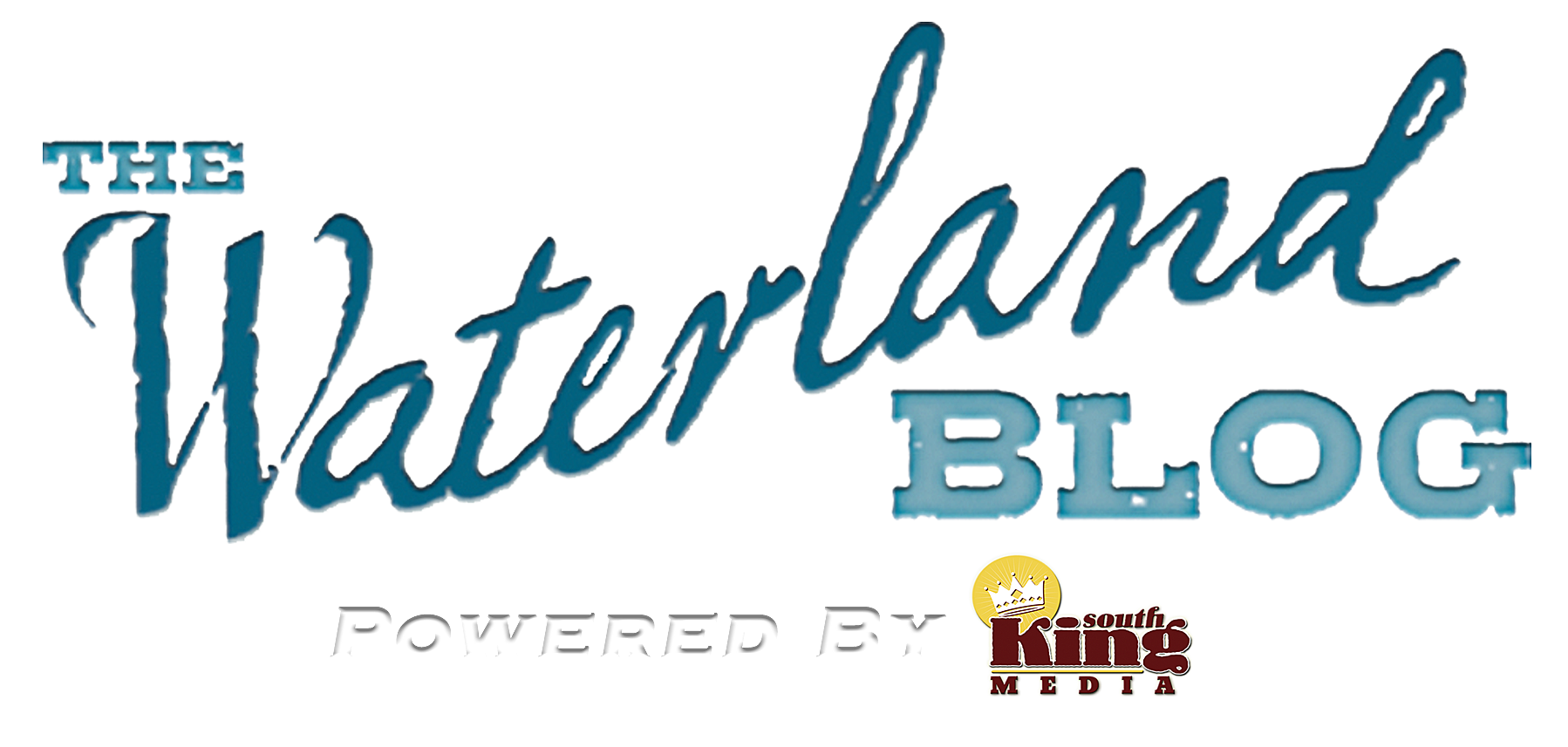From Advertiser the Port of Seattle:
 For high school student Bryanna Bui, two consecutive summer internships at Pier 69 and Sea-Tac airport improved her confidence through writing projects, event planning and social media tasks.
“It made me feel important to do work that actually mattered, that would have an impact,” Bui says.
Now Bui is a freshman at University of Washington Bothell, as her internship helped guide her toward a major in media and communication, with a plan to work in public affairs.
Summer internships can open up possibilities regarding careers you may not have considered, and give you skills that prepare you for any real-world job. Here are seven things you might want to know about internships.
For high school student Bryanna Bui, two consecutive summer internships at Pier 69 and Sea-Tac airport improved her confidence through writing projects, event planning and social media tasks.
“It made me feel important to do work that actually mattered, that would have an impact,” Bui says.
Now Bui is a freshman at University of Washington Bothell, as her internship helped guide her toward a major in media and communication, with a plan to work in public affairs.
Summer internships can open up possibilities regarding careers you may not have considered, and give you skills that prepare you for any real-world job. Here are seven things you might want to know about internships.
- You can land a paid internship, whether you’re a high school or college student. While pay rates depend upon job type, experience and your year in school, a paid internship provides hands-on, real-world experience that advances your career – and pays you to do so. Workplaces often look for both undergraduate and graduate students, and some may even accept certificate-seeking students. Generally, the ideal candidate for a college-level internship should have courses in a related field under their academic belt, although previous experience can count as well.
- The time to look for a summer internship is now. Applications for many summer internships are due in the spring. Many internships require students to apply using standard methods, by seeking openings and applying online – which is great practice for the “real world” of competitive applications. For example, the Port of Seattle asks for cover letters and résumés submitted by the end of April through the Port’s regular application process. Ideal candidates demonstrate that they’re self-starters who work well with others — they can complete projects, engage in community volunteerism and enjoy extracurricular activities.
- Summer internships help you explore careers. Whether as a new career possibility or to advance in your career, you’ll gain new knowledge, no matter your field of study. You don’t have to wait until graduation to get a “real job.” The Port of Seattle’s internship program is designed to provide qualified candidates with the chance to learn new skills in many different fields, and perform real work to jumpstart a career, particularly in aviation, maritime, construction management, engineering, environmental protection, public administration and many skilled trades.
 Pedro Reynaga interned at Fishermen’s Terminal for six weeks, followed by an additional two weeks at the Pier 69 office as part of the Asset Team. “I’d check off the boats to see if they were docked, perform clean up, patrol the facility and look for trash,” he says. “I definitely learned how to manage my time a little more and work in an office setting.”
Pedro Reynaga interned at Fishermen’s Terminal for six weeks, followed by an additional two weeks at the Pier 69 office as part of the Asset Team. “I’d check off the boats to see if they were docked, perform clean up, patrol the facility and look for trash,” he says. “I definitely learned how to manage my time a little more and work in an office setting.” - Internships teach the workplace skills you need. An internship gives you both soft and hard skills, valuable for building a résumé and acing future job interviews. Hiring managers are seeking soft skills like confidence, customer service, teamwork and communication along with pro qualities like punctuality, time management and cross-training. Hard skills might include using new software, technical tasks required by your field (such as mechanical work or math), and other everyday duties in a potential career. High school intern Hannah Ferguson spent a summer cutting through concrete, caulking sidewalks and watering trees, with the Port of Seattle’s marine maintenance department. “I don’t know if I’m ever going to be a laborer, but I have the knowledge that there is opportunity for me there,” Ferguson says.
- Surprises are not always bad. Internships can surprise you with options you may not have known existed. Perhaps you don’t even know yet which career is right for you; an internship can offer new perspectives that you might not encounter in day-to-day life.
 For Ronnie Estoque, a Port internship helped him consider a professional path. “The internship was important for me because I don’t have anyone in my family in professional jobs,” he says. “My family immigrated from the Philippines, and have manual labor jobs. They have no experience in an institution with a large influence on society. The internship was a good place to learn what it means to be in that setting.”
For Ronnie Estoque, a Port internship helped him consider a professional path. “The internship was important for me because I don’t have anyone in my family in professional jobs,” he says. “My family immigrated from the Philippines, and have manual labor jobs. They have no experience in an institution with a large influence on society. The internship was a good place to learn what it means to be in that setting.” - It’s more than okay to ask questions — it’s practically expected. While you’re an intern, your supervisor and co-workers understand that you’re there to gain knowledge, and welcome your curiosity and openness to cross-training. “Don’t be afraid to ask questions and try something new,” Bui says.Intern Rosa Johnson worked as a public affairs college intern at the Port of Seattle, and emphasizes that an internship’s primary undertaking should be about on-the-job education. “Internships aren’t hiring you to know everything; they are hiring you to learn how to be better,” she says.
- Internships can help you get a job later. You’ll develop real-world connections who can act as references, link you with others via networking or perhaps even hire you for a permanent position. You’ll be a more prepared, competitive candidate for a job in either the public or private sector.
Recognized as a national leader on sustainability and economic development, the Port of Seattle owns and operates Seattle-Tacoma International Airport, cruise, cargo and grain terminals, Fishermen’s Terminal, four public marinas and local real estate assets.]]>



